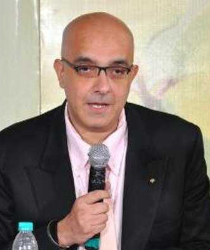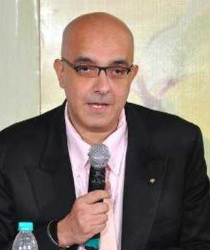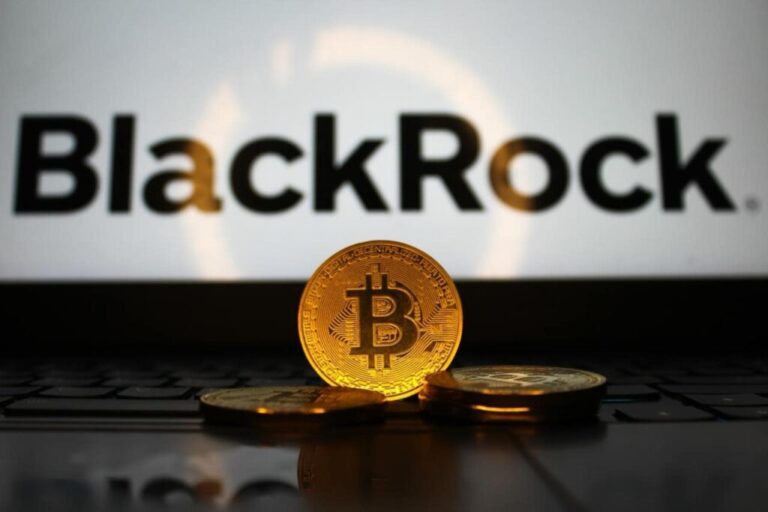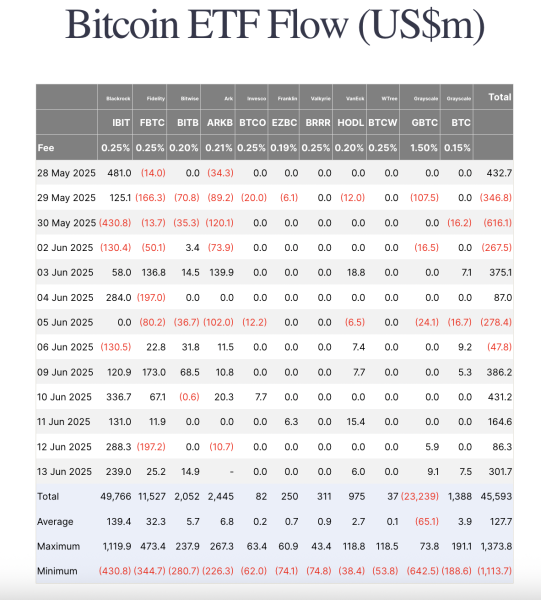Synopsis
US bankers expressed caution about cryptocurrencies at a conference. President Trump’s pro-crypto stance raised hopes of easier rules. Banks remain hesitant due to regulatory uncertainty. Client demand for crypto services is also low. Some banks offer limited crypto exposure through ETFs. The crypto market’s volatility and past crises contribute to this cautious approach.
U.S. bankers struck a cautious tone on cryptocurrencies at the NEXT conference in New York this week, despite expectations that friendlier rules under President-elect Donald Trump will pave the way for lenders to expand into digital assets.
Trump courted crypto campaign dollars with promises to be a “crypto president” and end the Biden administration’s crackdown on the sector, but banks are nevertheless unlikely to rush head-first into the volatile asset, bankers said.
“The regulatory framework has to evolve … and everyone’s speculating as to how that regulatory framework will evolve, but it’s still unclear,” said Goldman Sachs Chief Executive David Solomon.
Crypto Tracker![]() TOP COIN SETSDeFi Tracker4.91% BuyBTC 50 :: ETH 50-1.46% BuyCrypto Blue Chip – 5-1.65% BuyWeb3 Tracker-5.78% BuyAI Tracker-8.63% BuyTOP COINS (₹) Solana19,316 (4.94%)BuyEthereum324,762 (4.88%)BuyBitcoin8,566,061 (3.74%)BuyXRP202 (3.3%)BuyTether85 (0.15%)Buy If the rules change, the Wall Street giant would “evaluate” dealing in top cryptocurrencies like bitcoin and ethereum, he said. “But for the moment … our ability to act in these markets is extremely limited,” he added, noting cryptocurrencies were speculative assets.
TOP COIN SETSDeFi Tracker4.91% BuyBTC 50 :: ETH 50-1.46% BuyCrypto Blue Chip – 5-1.65% BuyWeb3 Tracker-5.78% BuyAI Tracker-8.63% BuyTOP COINS (₹) Solana19,316 (4.94%)BuyEthereum324,762 (4.88%)BuyBitcoin8,566,061 (3.74%)BuyXRP202 (3.3%)BuyTether85 (0.15%)Buy If the rules change, the Wall Street giant would “evaluate” dealing in top cryptocurrencies like bitcoin and ethereum, he said. “But for the moment … our ability to act in these markets is extremely limited,” he added, noting cryptocurrencies were speculative assets.
Did you Know?
The world of cryptocurrencies is very dynamic. Prices can go up or down in a matter of seconds. Thus, having reliable answers to such questions is crucial for investors.
View Details » BNY recently began offering custody of cryptocurrencies held by exchange-traded products, and the bank is also investing in a range of digital asset services, its CEO, Robin Vince, said. But anything new needs to be done with appropriate guard rails and be “battle-tested” through a few macroeconomic cycles, he said. ![]()
“We’ve seen a couple of cycles already in crypto. We’ll have to see how some of these assets evolve,” he added.
Under President Joe Biden, bank regulators made it more difficult for big lenders to hold crypto tokens and issued accounting guidance which made it extremely costly for banks to offer crypto custody services.
With Trump in the White House, that is expected to change and the crypto industry is pushing for an ambitious raft of policies that would promote the widespread adoption of digital assets, including rescinding the SEC accounting guidance and asking bank regulators to ease up on scrutiny of the crypto sector.
In key steps toward that policy overhaul, Trump last week announced he would make former top PayPal executive and crypto evangelist David Sacks the White House “Crypto Czar” and would nominate pro-crypto Washington attorney Paul Atkins as SEC chair. The latter announcement pushed bitcoin past the $100,000 milestone for the first time.
But Trump has not yet announced his banking regulators, while the Federal Reserve’s top Wall Street cop, Michael Barr, who has struck a skeptical tone on crypto, has said he will serve out his term through 2026. That creates uncertainty over how fast bank regulators may ease up on crypto lending and dealing, especially after turmoil in the crypto sector contributed to the collapse of lenders Silvergate and Signature Bank last year.
That turmoil included the implosion of top crypto exchange FTX, a crisis that policymakers are in danger of forgetting all too quickly, Kristin Johnson, a Democratic commissioner at markets watchdog the Commodity Futures Trading Commission, told the NEXT audience.
“One of my biggest fears for any administration is that they forget the lessons that we were meant to have learned from many previous crises,” Johnson said.
Even with regulatory easing, any expansion into crypto will be driven by client demand, which remains limited, bankers said.
Bank of America offers some clients exposure to cryptocurrencies via exchange-traded funds, but there was “not an overwhelmingly large amount of interest,” said Matt Gellene, the bank’s head of Consumer Investments and Employee Banking & Investments.
Affluent young professionals were more likely to shop around for investment options that might include digital assets, said US Bank Senior Vice President and Director of Inclusive Growth Strategy Akita Somani, but US Bank was likewise not seeing “significant demand.”



























